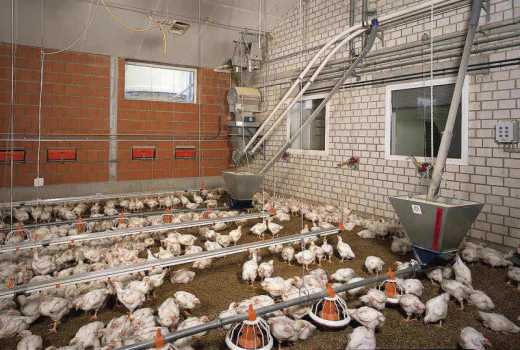×
The Standard e-Paper
Join Thousands Daily

When you first step into the 25-acre Nereus Poultry farm, you will assume it is a factory of sorts because of the giant steel building.
Unless you are conversant with such a structure, from the outside you will see a facility with unique windows, giant ventilation spaces and beams.